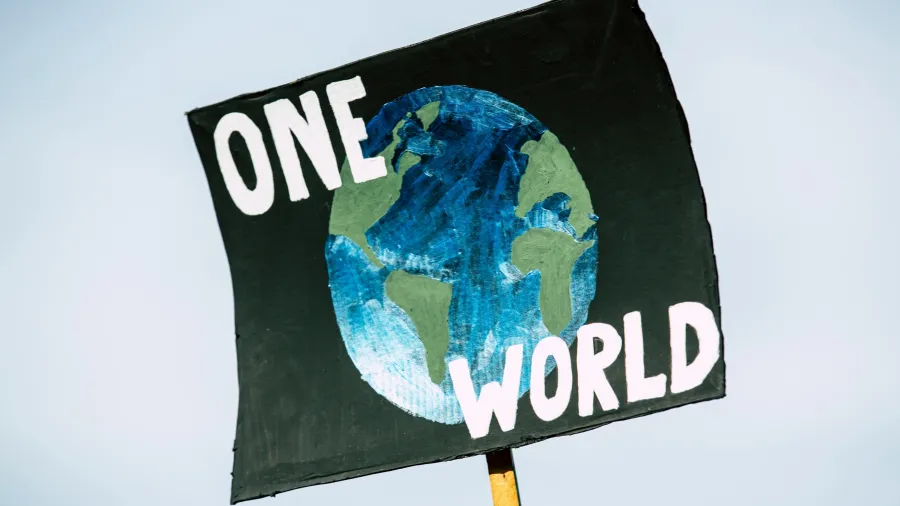
UN member states obligated to protect the environment, says World Court
Countries to incur legal responsibility if obligations are breached.
The International Court of Justice (ICJ) has ruled that member states of the United Nations (UN) are legally obligated to protect the environment against the effects of climate change.
Commonly referred to as the World Court, the ICJ made the ruling through an advisory opinion that was requested by the Pacific Island State of Vanuatu via the UN General Assembly. The request was focused on the obligations of UN member states under international law to ensure the protection of the climate system and other parts of the environment, as well as the corresponding legal consequences. In particular, clarification was sought in terms of greenhouse gas emissions.
In the 133-page advisory opinion seen by ESGBusiness, the World Court said: "The most directly relevant applicable law consists of the Charter of the United Nations, the UNFCCC, the Kyoto Protocol, the Paris Agreement, UNCLOS, the ozone layer treaties, the Biodiversity Convention, the Desertification Convention, the customary duty to prevent significant harm to the environment and the duty to co-operate for the protection of the environment, and international human rights law, as well as certain guiding principles for the interpretation of various applicable rules and principles (sustainable development, common but differentiated responsibilities and respective capabilities, equity, intergenerational equity, and the precautionary approach or principle)."
The UNFCCC refers to the United Nations Framework Convention on Climate Change, while UNCLOS is the United Nations Convention on the Law of the Sea.
The ICJ also pointed to other rules of international law that may similarly be relevant under various circumstances in the context of climate change. It was noted that international trade law, international investment law, and international humanitarian law may contain such rules.
On the matter of human rights, the principal judicial body of the UN declared: "The Court is of the view that a clean, healthy, and sustainable environment is a precondition for the enjoyment of many human rights, such as the right to life, the right to health, and the right to an adequate standard of living, including access to water, food, and housing... The Court thus concludes that, under international law, the human right to a clean, healthy, and sustainable environment is essential for the enjoyment of other human rights."
As for the legal consequences, the ICJ said: "The Court concludes that responsibility for breaches of obligations under the climate change treaties, and in relation to the loss and damage associated with the adverse effects of climate change, is to be determined by applying the well-established rules on State responsibility under customary international law."
Commenting on the ruling, UN Secretary-General António Guterres welcomed what he described as a historic advisory opinion by the World Court.
"They made clear that all States are obligated under international law to protect the global climate system," Guterres stated. "This is a victory for our planet, for climate justice, and for the power of young people to make a difference. Young Pacific Islanders initiated this call for humanity to the world. And the world must respond."














